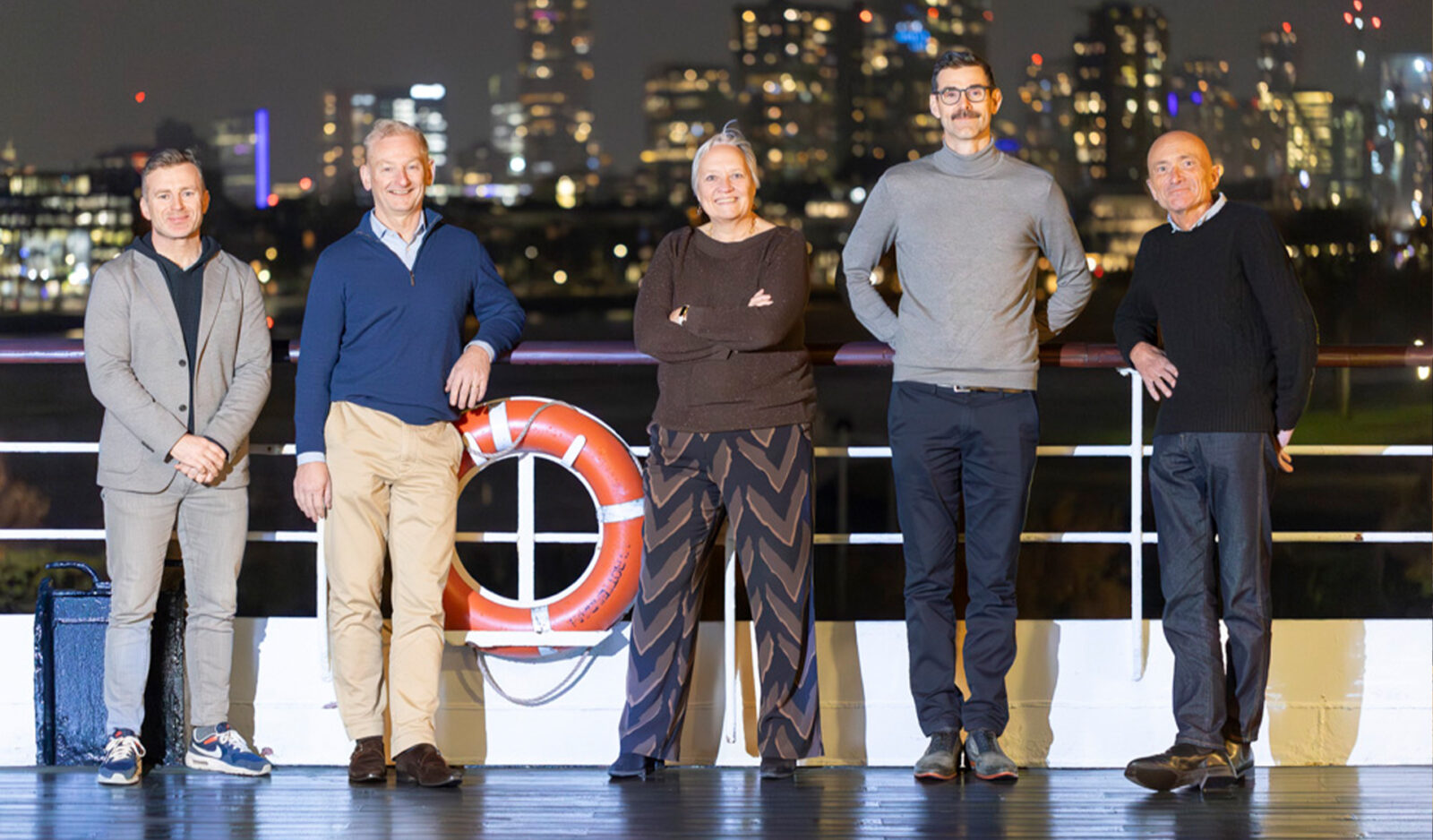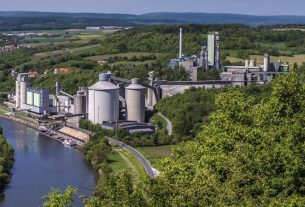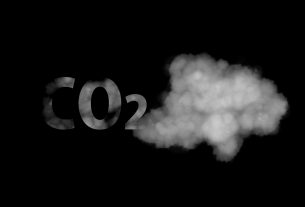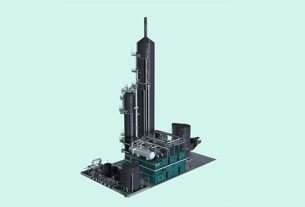The Netherlands – Aramis CCS project has transitioned into the Front End Engineering and Design (FEED) phase, marking a significant milestone for the collaboration between key partners TotalEnergies, Shell, EBN, and Gasunie.
The focus now shifts to the meticulous technical design of the transport infrastructure, particularly the offshore trunkline, integral to the entire source-to-sink Carbon Capture and Storage (CCS) value chain. This development propels the Aramis project, poised to be the largest CCS initiative in North-West Europe, a step closer to realization.
At its core, CCS involves the capture and secure underground storage of CO2, presenting a pivotal solution for the reduction of carbon emissions. The forthcoming months will witness the detailed technical design of the transport infrastructure, anticipated for completion in 2025, paving the way for the Final Investment Decision (FID). The goal is to make Aramis operational by the end of 2028, subject to regulatory approvals, allowing industries to transport captured CO2 through the Aramis trunkline to depleted North Sea gas fields.
Infrastructure
Aramis is not just a project; it’s a visionary initiative aimed at developing an open-access transport infrastructure. This infrastructure, located on Maasvlakte within the Port of Rotterdam, will serve as a conduit for transporting CO2 to North Sea platforms via the 200-kilometer-long Aramis offshore trunkline. At these platforms, storage providers will inject CO2 into depleted gas fields, ensuring permanent storage beneath the seabed. This forward-thinking approach aligns with Aramis’s commitment to facilitating large-scale CO2 emission reduction, especially from hard-to-abate industries.
FEED phase
The entry into the FEED phase signifies a pivotal juncture, where technical design specifics, project requirements, and cost estimates take center stage. Petrofac Facilities Management Limited, entrusted by Aramis partners, will spearhead the technical design of the trunkline. This phase aims to harmonize technical aspects across the entire CCS value chain, providing a robust foundation for the project’s success.
The project’s joint venture, with a planned structure of 25% ownership each by Gasunie, EBN, TotalEnergies, and Shell, is pending regulatory approvals, showcasing a collaborative commitment to driving sustainable change.




